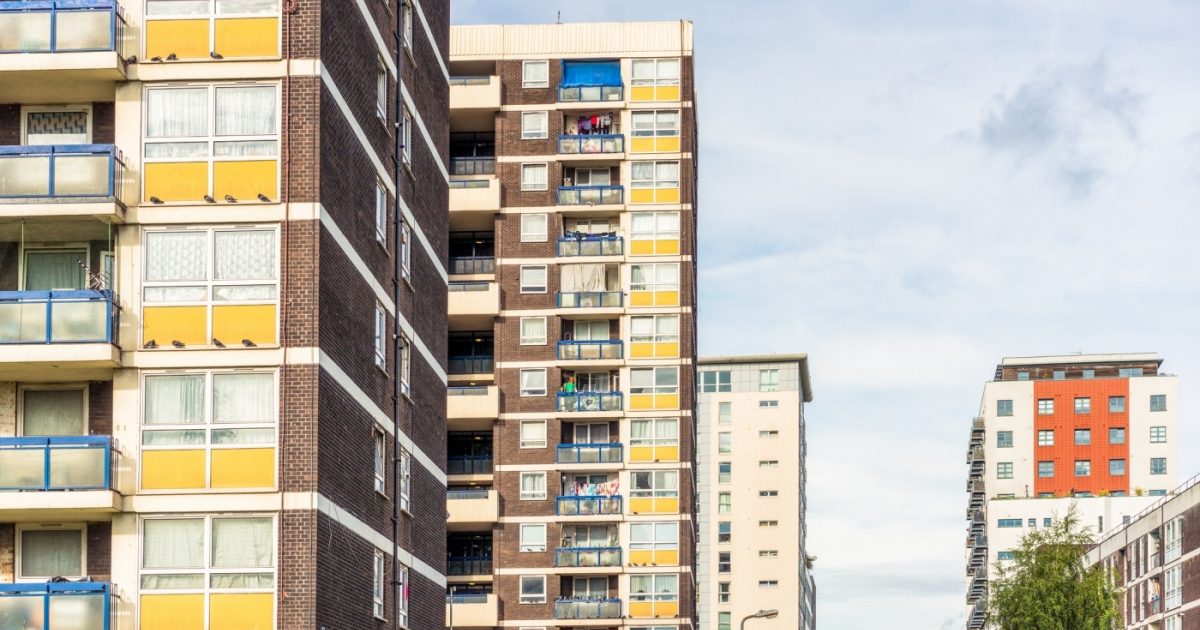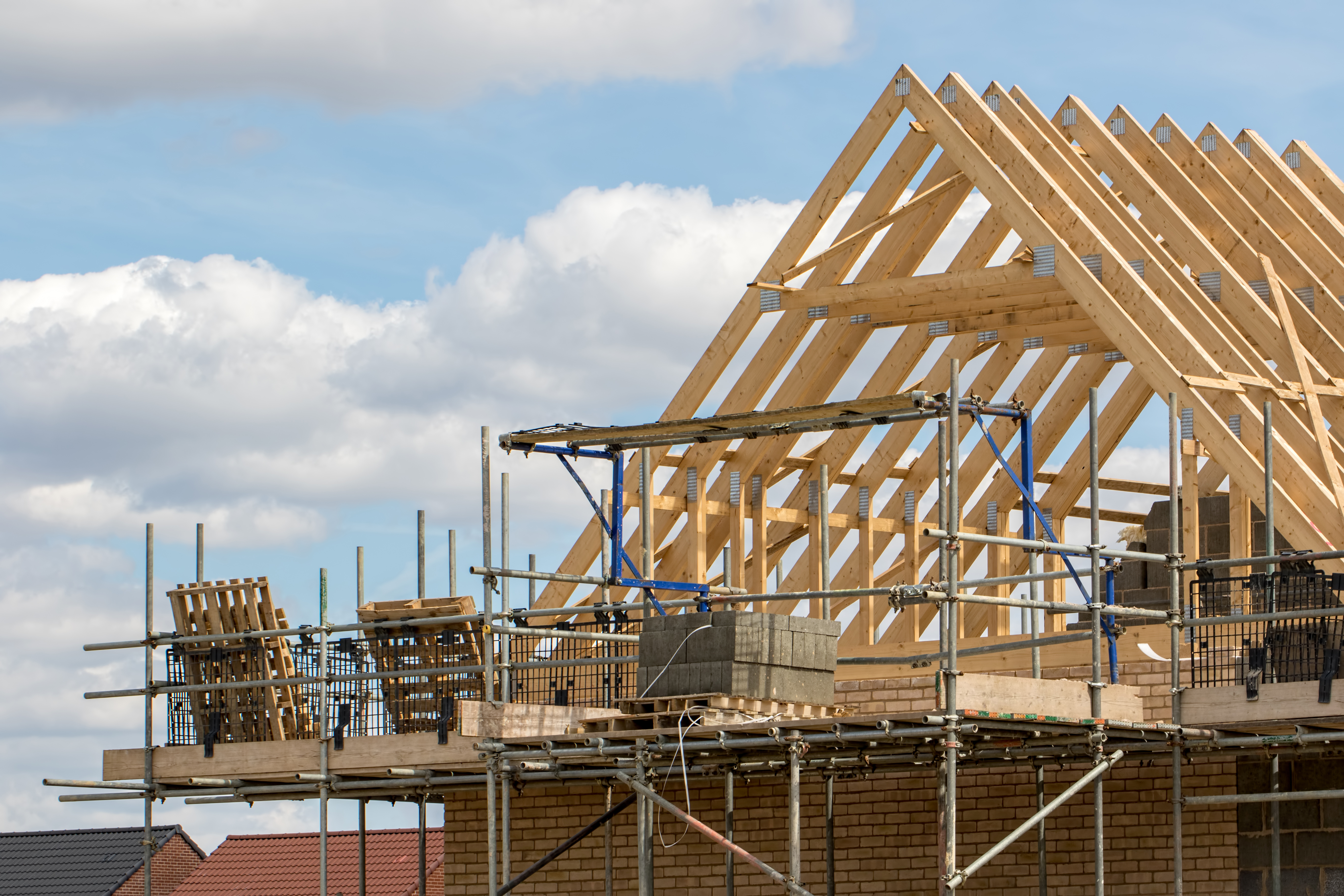thewanderer
Well-known member
There are not enough empty homes that's the issue. I'll repeat less than 1% of the housing stock is empty. Not even considering those in flux due to someone dying, those that are derelict etc.Its something people dont automatically think about. London, for instance, has a huge number of empty properties, second and third homes of millionaires - left to rot away. The issue is that the value of land in London has increased exponentially more than in any other part of the UK. Big investyors from abroad spend millions acquiring land for offices and buying up ex social-housing stock for demolition and rebuilding. There are thousands of empty square-feet of office space in the City and Central London - but reduced income is offset by increasing value.
Places like Middlesbrough, Hartlepool, Burnley, have higher indices of relative deprivation - the lack of jobs, poor infrastructure and lack of available skilled workers, means that properties are under-used or left empty. The issue is clearly a complicated one.
As for our housing stock. Since Thatcher - the biggest issue is that over 2,000,000 of social housing stock has been hived off into the housing "market" - providing cheap housing for rogue landlords to buy up cheaply and rent them out to tennants - often supported by housing benefits. So, not only are local people being deprived of access to affordable decent housing to rent, but the public purse is paying money into private pockets. With the "Right to buy" still legal, there is no incentive for Local Councils to build Social Housing, because it is still subsidising the housing "market". Many local authorities have had to buy-back decaying and abandoned former social-housing properties. In places like the Birchfield Estate in Walsall, there has been a major attempt to turn round the dereliction and deprivation - not least the number of abandoned former council-owned homes. Its appalling that public housing stock should be gifted to the private "market" at give away prices and years later, local councils are having to spend public money, buying back those properties in a poor state.
I`l give an example: Nottingham used to have 65% of its housing stock in Local Authority ownership. This was good quality housing stock - with green spaces, gardens and facilities for local residents including schools, local GP surgeries and health services and good local transport. Nottingham now has over 9000 people on the waiting list - many are families with children and dependents. Although Nottingham City Council has attempted to build houses, the number of properties is a drop in the ocean. The council budget has been slashed by the Tory Government to the tune of over £100,000,000 per year. What is required is a Government funded building of new social housing coordinated by local authorities [who know their local needs best] - abolition of the "right to buy" [right to be homeless] and the integration of "Housing Associations" back into Local Authority Housing provision and control. There are brownfield sites available to build, but the local authority has been robbed of finance to invest in those sites to build affordable local housing. Meanwhile, house-builders [Like David Wilson Homes] are building into the "Green belt" on land they bought decades ago and are making millions on what they paid for it.
This Government wont change direction [because it values what people can afford - not what they need], so we will see the continuing depreciation of the value of public housing stock, increasing homelessness and over-crowding and increased stae-subsidy [public money] of private landlords. We need to restate the "Decent Homes Standard" and ensure that every exisiting rented home [including the private rented sector] should be up to that standard. Today, "Fit-to-let" is the standard, because many authorities havent trhe finance to upgrade every home to "Decent Homes Standard".
For those who may be interested, this is one particular article in the New Economics Foundation [https://neweconomics.org/] which you may find informative>>>

The damaging legacy of right to buy
Boris Johnson wants to extend right to buy to housing associations. But he's ignoring the grave costs of the policy.neweconomics.org
Not convinced by recent events that public sector landlords are any better than private sector ones tbh. We can put bad landlords out of business by building more homes!

